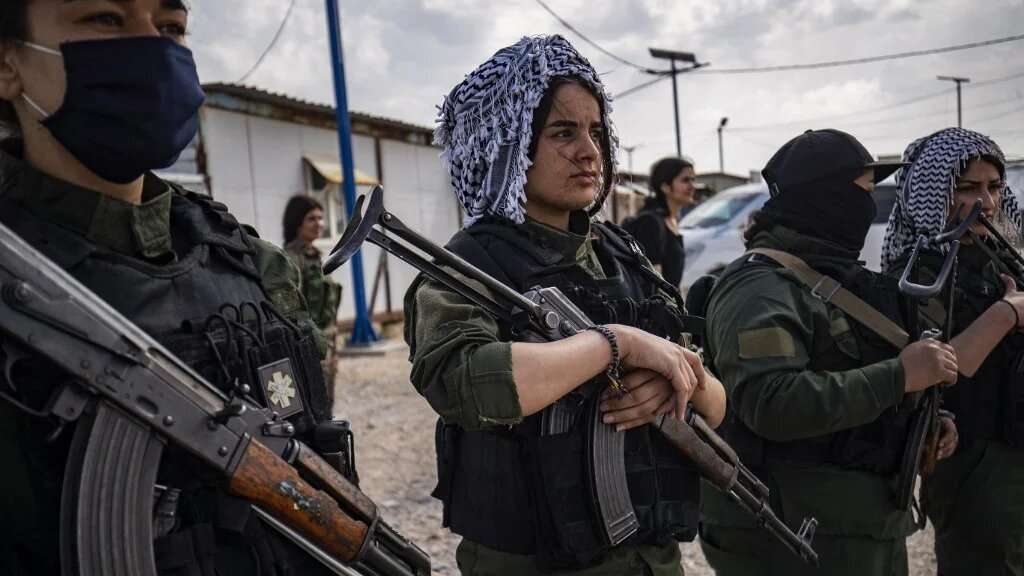Turkey demands that Syrian Kurds integrate into the state or disarm

Despite the recent disarmament of the Kurdish Workers’ Party (PKK), the separatist threat continues to reverberate beyond Turkey’s borders.
On July 23, a “Turkish defence ministry source,” quoted by Reuters, demanded that the Kurdish-led Syrian Democratic Forces (SDF) prove it is adhering to a recent integration agreement with the Syrian government.
The agreement, reached on March 10, marked a historic ceasefire between Damascus and the Democratic Autonomous Administration of North and East Syria (DAANES). It entailed the integration of the SDF into the state, enshrined rights for all groups in the constitution, and, in doing so, unified efforts to fight the stubborn remnants of Bashar al-Assad’s Ancien Régime.
International support, albeit cautious, was widespread. Even Turkey, which has long deemed the SDF a terrorist organization, was optimistic that the deal would stabilize Syria, even as it emphasized the disarmament of the Kurdish People’s Protection Units (YPG), a key component of the SDF.
However, four months later, Ankara might be growing impatient. The source from the defense ministry reiterated that “the SDF must concretely demonstrate that it is abiding by the agreement it made with the Damascus government.”
The US, as well, has reportedly cracked down on the group, giving the SDF 30 days to complete the integration process, warning that units not merged into the Syrian army would face disarmament.
Turkey’s firm demand that the YPG disarm remains a significant hurdle, as the SDF seeks to preserve some degree of autonomous military structure. Ankara’s position reflects a real fear that Kurdish armed groups along its border could ignite insurgency efforts within Turkey.
Considering that the PKK only recently disarmed on June 11 after a four-decade-long violent armed struggle against the Turkish state, Ankara has cause for concern. The government has therefore been “closely monitoring developments” in northeastern Syria and coordinating with relevant institutions to verify compliance.
Publicly, however, it has emphasized its opposition to any moves that threaten Syria’s sovereignty or lead to its destabilization.
Reuters/ Middle East Eye/ Maghrebi
Want to chase the pulse of North Africa?
Subscribe to receive our FREE weekly PDF magazine












